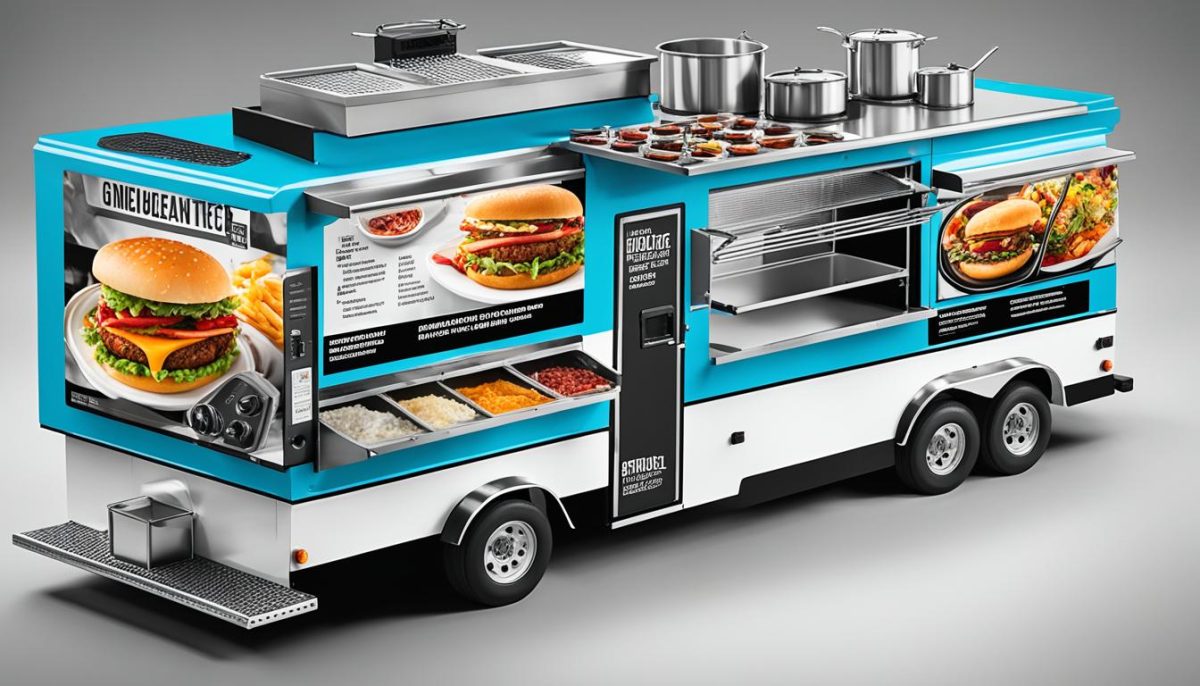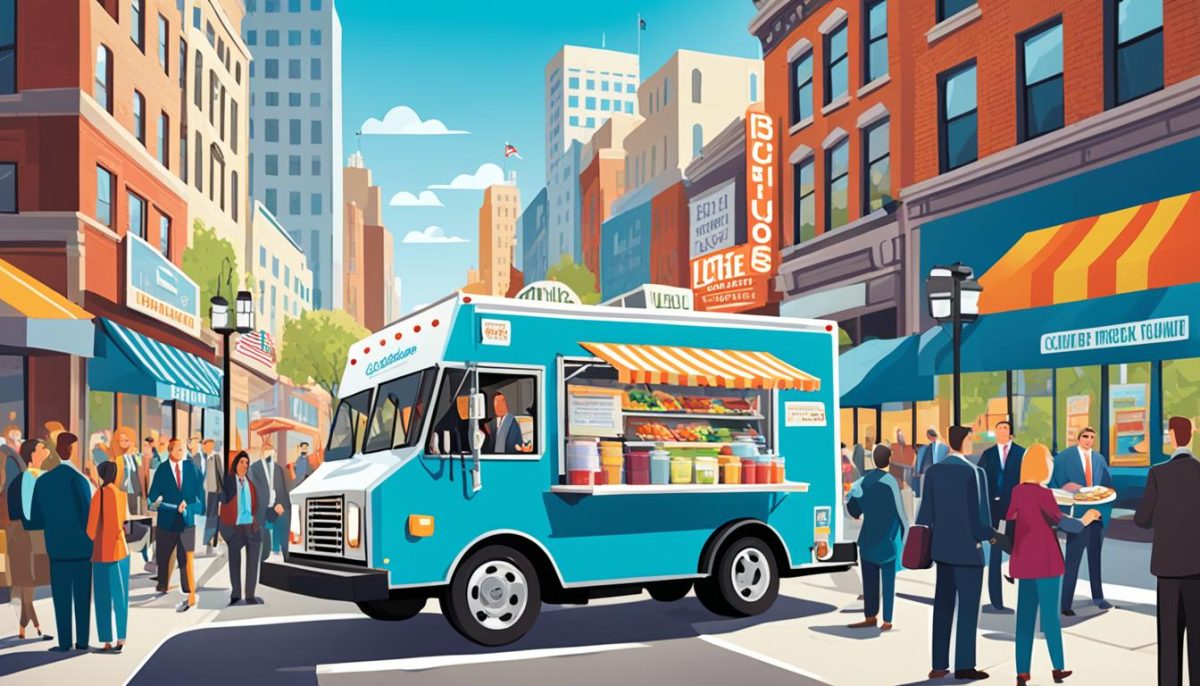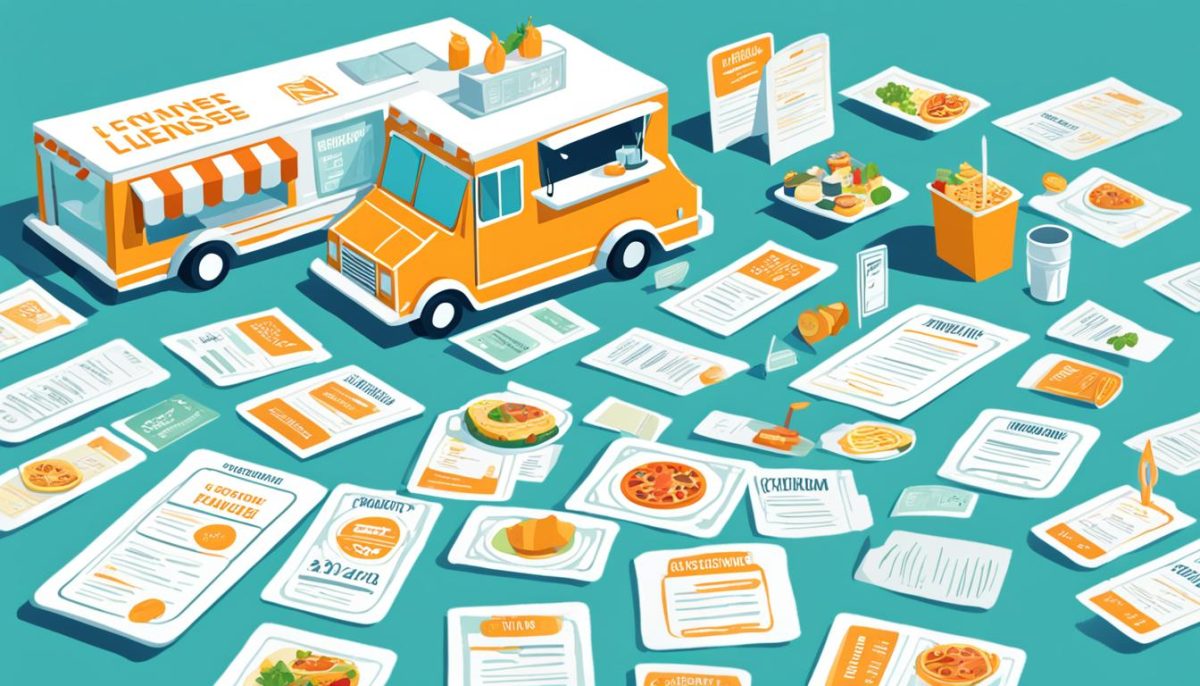Are you dreaming of starting a food truck business but have no idea how much it will cost? Well, you’ve come to the right place! In this article, we will break down the expenses of a food truck business so you can get a clear picture of what to expect.
Starting a food truck involves various financial considerations. From purchasing the truck itself to obtaining permits and licenses, it’s important to understand the expenses involved before diving in. By planning ahead and budgeting wisely, you can set yourself up for success.
In the following sections, we will explore the key factors that affect food truck costs. We will discuss the price of essential equipment, customization options, and location fees. Additionally, we will highlight the additional expenses such as permits, insurance, and maintenance that should be taken into account.
So, if you’re ready to embark on your mobile culinary journey, let’s dive into the world of food truck costs and discover what it takes to start a successful food truck business!
Factors Affecting Food Truck Costs
When starting a food truck business, several factors can significantly impact the overall cost. Understanding these factors will help you prepare a realistic budget and make informed decisions. In this section, we will explore three key elements that influence food truck costs: equipment, customization, and location fees.
1. Food Truck Equipment
The equipment you choose for your food truck plays a crucial role in both functionality and cost. High-quality cooking appliances, refrigerators, and storage units are essential for running a successful mobile kitchen. However, these items can come with a hefty price tag. To ensure you have the right equipment for your menu and operational needs, it’s important to prioritize functionality while considering your budget.
When estimating food truck equipment costs, take into account the following:
- Cooking appliances such as grills, fryers, and ovens
- Refrigeration units and freezers
- Food prep and storage equipment
- Utensils, cutlery, and servingware
Additionally, don’t forget to include the cost of maintenance and repairs for your equipment to ensure it stays in optimal condition and avoid unexpected expenses.
2. Truck Customization and Branding
Customizing your food truck with appealing branding and design elements can create a unique and memorable image for your business. However, customization expenses can vary widely based on your vision and goals. Before allocating a budget for customization, consider the following factors:
- Exterior wrap or paint job
- Logo and signage
- Interior layout and design
While customization can be a valuable investment in your brand’s identity, it’s important to balance your vision with your available funds. Prioritize elements that will have the most significant impact on attracting customers and creating a cohesive and professional look.
3. Location Fees
The location of your food truck operations can significantly impact your costs. Some cities or municipalities require permits or charge fees for operating in specific areas, especially popular and high-traffic locations. These fees can include monthly or annual permits, parking fees, and event participation costs.
When selecting locations for your food truck, consider the following:
- Permit costs for operating in different areas
- Event fees and participation expenses
- Parking fees and restrictions
Take time to research the local regulations and fees in your target market to ensure you account for these expenses in your budget.
By carefully considering food truck equipment, customization, and location fees, you can develop a comprehensive understanding of the various factors that influence the overall cost of running a food truck business. Being aware of these expenses will help you create a realistic budget and set your business up for success.

Additional Expenses to Consider
Starting a food truck business goes beyond purchasing and setting up the truck itself. There are several additional expenses that you need to factor into your budget to ensure a successful venture. Let’s explore these essential considerations to help you plan your finances effectively.
First and foremost, obtaining the necessary permits and licenses is crucial. Each state, city, and even county may have specific requirements and regulations that must be met. These permits and licenses not only provide legal authorization to operate your food truck but also ensure compliance with health and safety standards. Research and budget for these permits and licenses to avoid any legal issues down the road.
Insurance is another crucial expense that should not be overlooked. It’s essential to protect your food truck, equipment, and business in case of any unforeseen incidents, such as accidents, theft, or damage. Explore different insurance options, including liability coverage and vehicle insurance, to find the best policy that suits your needs and provides you with peace of mind.
Lastly, don’t forget to allocate funds for maintenance and repairs. Regular maintenance is vital to keep your food truck operating efficiently and avoid costly breakdowns. Set aside a budget for routine inspections, servicing, and repairs to ensure that your truck stays in top-notch condition and minimizes downtime.



